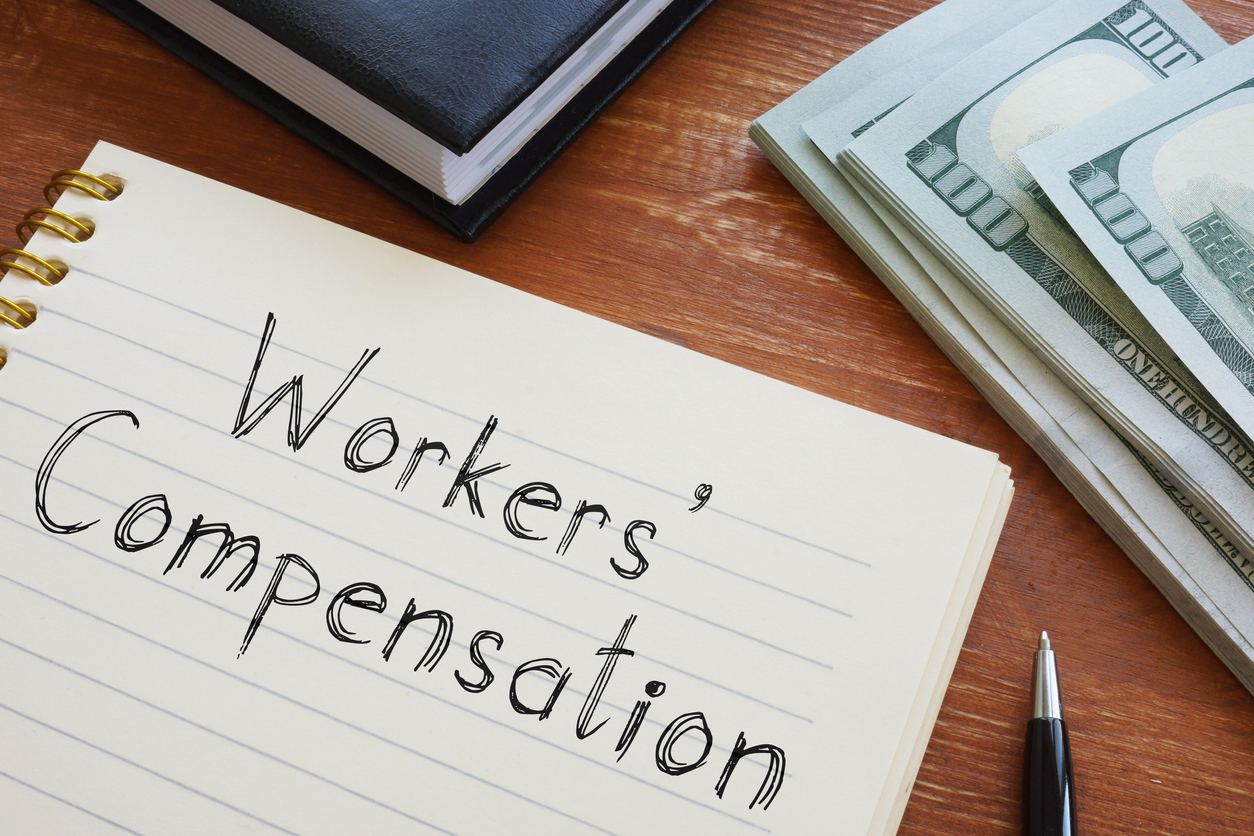Should I File a Workers’ Comp or Personal Injury Claim in St. Petersburg, FL?
Perenich, Caulfield, Avril & Noyes Personal Injury Lawyers | Workers’ Compensation

Florida’s workers’ compensation program applies to most workplace injuries that occur during the ordinary course of employment. Therefore, an injured worker can file a workers’ compensation claim.
Some injured workers may also have a personal injury claim against a third party. Third-party claims can provide more compensation for a work-related injury. However, filing a third-party claim requires evidence of negligence and liability.
Generally, you can file both a workers’ comp claim and a personal injury claim. The best way to know what you should do after a work accident is to talk to a personal injury lawyer.
Filing a Workers’ Compensation Claim for a St. Petersburg Work Injury
Filing a workers’ compensation claim does not require you to prove fault or negligence. It is a no-fault system for eligible employees injured on the job.
Workers’ compensation pays for medical treatment for on-the-job injuries. An injured worker may also receive wage replacement benefits. However, the employee only receives two-thirds of their average weekly wage instead of reimbursement for all loss of income caused by a work injury.
You have 30 days to notify your employer of a work-related illness or injury. Failing to notify your employer of your injury could lose your workers’ compensation benefits. You cannot sue your employer for a work injury in most cases.
Filing a Personal Injury Claim for a St. Petersburg Work Injury
As mentioned above, some employees might be able to file a third-party claim for a work accident. However, you must prove negligence or strict liability to hold another party responsible for a work injury. The elements of a negligence claim are:
- The party owed you a duty of care
- The party breached the duty of care
- The breach of duty caused your injury
- You sustained damages because of the breach of duty
An example of a third-party claim might be a car accident while you were on the job. Assuming you were performing your ordinary work duties, the other driver could be liable for your damages if that driver caused the car crash.
Another example of a third-party claim would be a product liability claim for injuries sustained from a defective product. For example, a construction worker is injured after falling from defective scaffolding. The injured worker might have a claim for damages against the manufacturer, distributor, and other parties responsible for the defective scaffolding.
Unlike a workers’ compensation claim, you could receive compensation for all damages, including economic and non-economic damages. Damages that could be recovered for a personal injury claim include:
- Pain and suffering caused by physical injuries
- Loss of income and benefits
- Mental anguish and emotional distress
- Out-of-pocket expenses
- Medical bills and expenses
- Loss of enjoyment of life
- Diminished earning potential and future lost wages
- Decrease in quality of life
- Scarring, impairments, and disabilities
Workers’ compensation does not compensate the injured worker for non-economic damages, which can be a substantial amount in a personal injury claim.
Another difference is the deadline to file a claim. Generally, most personal injury lawsuits must be filed four years from the injury date.
Does Contributory Fault Apply in Workers’ Comp and Personal Injury Claims in St. Petersburg?
Florida’s contributory fault laws allow the court to reduce the compensation awarded to an injured party by the percentage of fault they have for the cause of their injury. In personal injury cases, contributory fault can significantly affect the amount of money a person receives for their claim.
For example, a jury finds that you were 40% at fault for the cause of your slip and fall accident. The jury awards $250,000 for damages. However, because you are 40% at fault, the amount you receive for damages is $150,000 ($250,000 x 40%).
Contributory fault does not apply in workers’ compensation claims. Therefore, you can receive workers’ comp benefits even if you are partially to blame for causing your injury. However, if you were intoxicated or intentionally caused your injury, you may not be entitled to workers’ compensation benefits.
Do I Pay Back Workers’ Comp Benefits If I Receive a Personal Injury Settlement?
Florida law prevents injured employees from “double-dipping” by filing a workers’ compensation claim and a personal injury claim. Therefore, the workers’ compensation insurance carrier has a lien on any proceeds from a third-party claim. In other words, you must pay back the amount the insurance provider paid for your medical bills, wage benefits, and other workers’ comp benefits.
A lawyer may negotiate with the workers’ compensation company to pay a lower amount to settle its lien. However, the workers’ comp insurance company is not legally required to waive its rights.
If you have questions about a work-related injury, seek legal advice as soon as possible. Contact Perenich, Caulfield, Avril & Noyes Personal Injury Lawyers to learn about your legal options and the best way to recover the maximum compensation for your workplace accident.
Contact the St. Petersburg Workers’ Compensation Lawyers At Perenich, Caulfield, Avril & Noyes Personal Injury Lawyers for Help
For more information, please contact the Clearwater and St. Petersburg workers’ compensation law firm of Perenich, Caulfield, Avril & Noyes Personal Injury Lawyers at the nearest location to schedule a free consultation today.
We serve in Pinellas County, and its surrounding areas:
Perenich, Caulfield, Avril & Noyes Personal Injury Lawyers – Clearwater
1875 N Belcher Rd. STE 201,
Clearwater, FL 33765,
United States
24 hours
727-796-8282
Perenich, Caulfield, Avril & Noyes Personal Injury Lawyers – St. Petersburg
2560 1st Ave S,
St. Petersburg, FL 33712,
United States
24 hours
(727) 349-1728